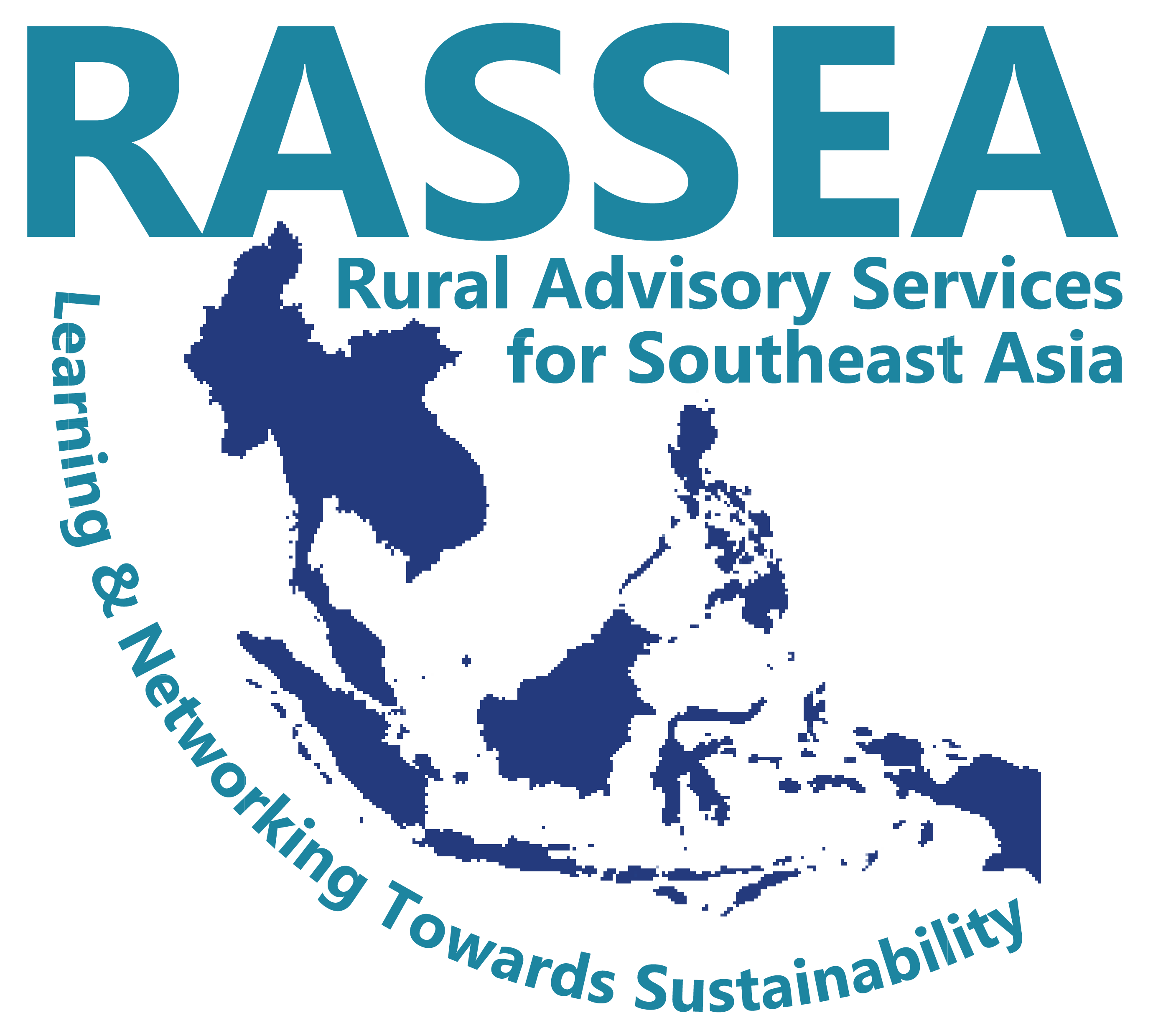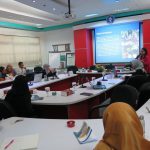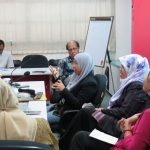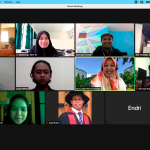Driving Innovation in Agricultural Extension: Insights from Michigan State University and IPB University emphasize the importance of partnerships, farmer-led innovation, and global collaboration in advancing agricultural extension
The Workshop on Innovation in Agricultural Extension, hosted by Michigan State University (MSU) College of Agriculture and Natural Resources, was held at IPB University in Bogor, Indonesia, on October 1, 2025. The workshop is one program of Asia Hub and Consortium for Innovations in Agricultural Education and Research in Asia (CIAERA) Annual Meeting & Workshop. The workshop brought together distinguished speakers from Michigan State University and IPB University to share knowledge and highlight transformative practices in agricultural extension and advisory services (EAS). It was attended by young scientists, researchers, and practitioners from various organizations involved in extension and advisory services. The event featured Dr. Quentin Tyler from Michigan State University Extension, Dr. Siti Amanah (IPB University and Chairperson of RASSEA), Dr. Hermanu Tri Widodo (Professor and Head of the IPB Digitani Center), and Dr. Supriyanto (Deputy Director of Agro-maritime Community Development at IPB University). Dr. Karim Maredia (Professor, Assistant Dean and Director of International Programs for the College of Agriculture and Natural Resources, Michigan State University facilitated the Workshop). The workshop highlighted how extension can connect the science, policy, and service learning and outreach communities, fostering sustainability in communities. Below is the Figure of the Speakers and Participants of the Workshop.

The following is the highlight of the speeches delivered by the speakers.
The Michigan Model: Innovation and Global Reach
Opening the workshop, Dr. Quentin Tyler, Director of MSU Extension, outlined the scope of extension work in Michigan, one of the most agriculturally diverse states in the United States, where agriculture and food sectors generate over USD 104 billion annually. MSU Extension operates in 14 districts, organized into four institutes: Agriculture and Agribusiness, Children and Youth, Community, Food and the Environment, and Health and Nutrition. Dr. Tyler highlighted successful programs in animal agriculture, farm business management, nutrition and health, and 4-H youth development. He emphasized MSU’s pioneering efforts in farm stress and mental health, which have been adopted in 23 states, along with global collaborations in South Asia, Africa, and Indonesia’s aquaculture and fisheries extension programs. These efforts, he pointed out, demonstrate how community involvement, evidence-based initiatives, and international partnerships are key to promoting agricultural resilience worldwide. “Our mission is to bring science and knowledge outside campus walls to solve real challenges in communities, locally and globally,” Dr. Tyler remarked.
Participatory Solutions with Farmers
Prof. Dr. Hermanu Tri Widodo expanded on Indonesia’s innovations by highlighting the role of participatory methodologies in extension. Drawing from his expertise in integrated pest management, he explained how solutions are most effective when co-created with farmers, combining scientific knowledge with local practices. This approach, he emphasized, encourages innovation that is not only technically sound but also culturally rooted and sustainable. By involving farmers as co-researchers, extension services boost ownership, resilience, and the adoption of new practices.
Extension in Indonesia: Transformation in Extension Work
Dr. Siti Amanah of IPB University traced the historical development and transformation of extension in Indonesia. From the top down, commodity-focused models of the colonial and Green Revolution periods have evolved into a diverse, participatory, and inclusive extension system. With over 94,000 extension workers (public, private, and volunteer extension agents) in agriculture, fisheries, and forestry, the extension services still faces challenges in providing the services. The extension in Indonesia legal framework is the Law No. 16/2006, which guarantees extension services as both a public right and a government obligation. Dr. Amanah emphasized that extension involves more than just technology transfer; it also includes education, communication, and empowerment to help rural communities build capacity and independence. She highlighted IPB Digitani and nutrition-based extension approaches as innovations that demonstrate the importance of combining science with community needs. “The future of extension depends on not only the existence of transformative leadership, but also youth involvement, inclusivity, participatory, appropriate and comprehensive programs, and innovation in extension”
Agro-Maritime Community Development and Outreach
Summing up the Indonesian perspectives, Dr. Supriyanto, Deputy Director of the Directorate of Agro-Maritime Community Development at IPB University, highlighted IPB’s extensive outreach efforts. He described how IPB integrates research, entrepreneurship (for example through One Village One CEO Program), and service delivery through partnerships with local governments, private sector allies, and university networks throughout Asia. Through its agro-maritime initiatives, IPB has created hubs for innovation, business incubation, and community empowerment, making sure that science and technology benefit farmers, fishers, and rural entrepreneurs directly. These efforts, he stated, reflect IPB’s mission to support national development while actively promoting regional collaboration.
Looking Forward: Shared Pathways for Global Extension
Together, the speakers demonstrated that the future of extension relies on innovation, inclusivity, and collaboration. Michigan’s integrated statewide extension model, Indonesia’s pluralistic and farmer-led approaches, and IPB’s participatory and agro-maritime outreach strategies each provide valuable lessons for the global community.
The workshop emphasized the importance of extension and advisory services, along with their partner networks, in fostering mutual learning and shaping the future of extension to benefit humanity, people’s well-being, and sustainable agro-maritime and food systems.





